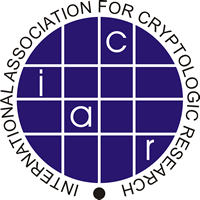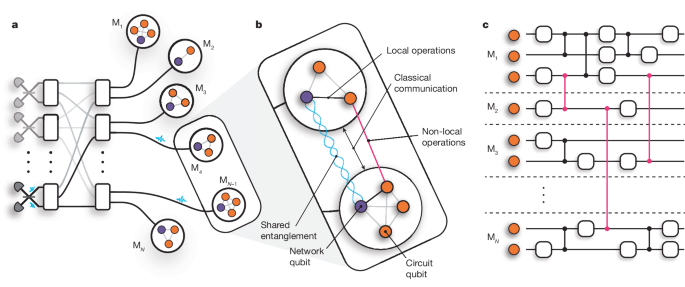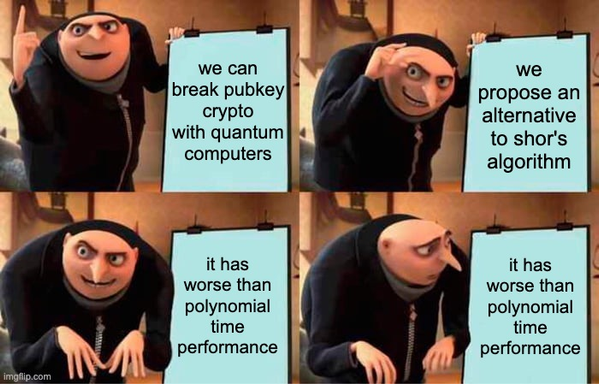New paper from a team at Shanghai University outlines how a team there factored a 22-bit RSA integer on a #quantum computer (D-Wave's Advantage).
They reframed integer factoring as combinatorial optimization (which matches well with quantum annealing hardware) instead of Shor's period-finding approach. The previous best effort was 19 bits and was less efficient (more qubits per variable required).
The researchers also attacked some AES underlying algorithms including Present, Rectangle, and the Gift-64 block cipher.
(Notable context: Back in 2022 a different team in China claimed to have factored a 48-bit semiprime with a 10 qubit quantum computer, but that was later retracted.)
n.b., headline is clickbait but article is actually pretty good.



